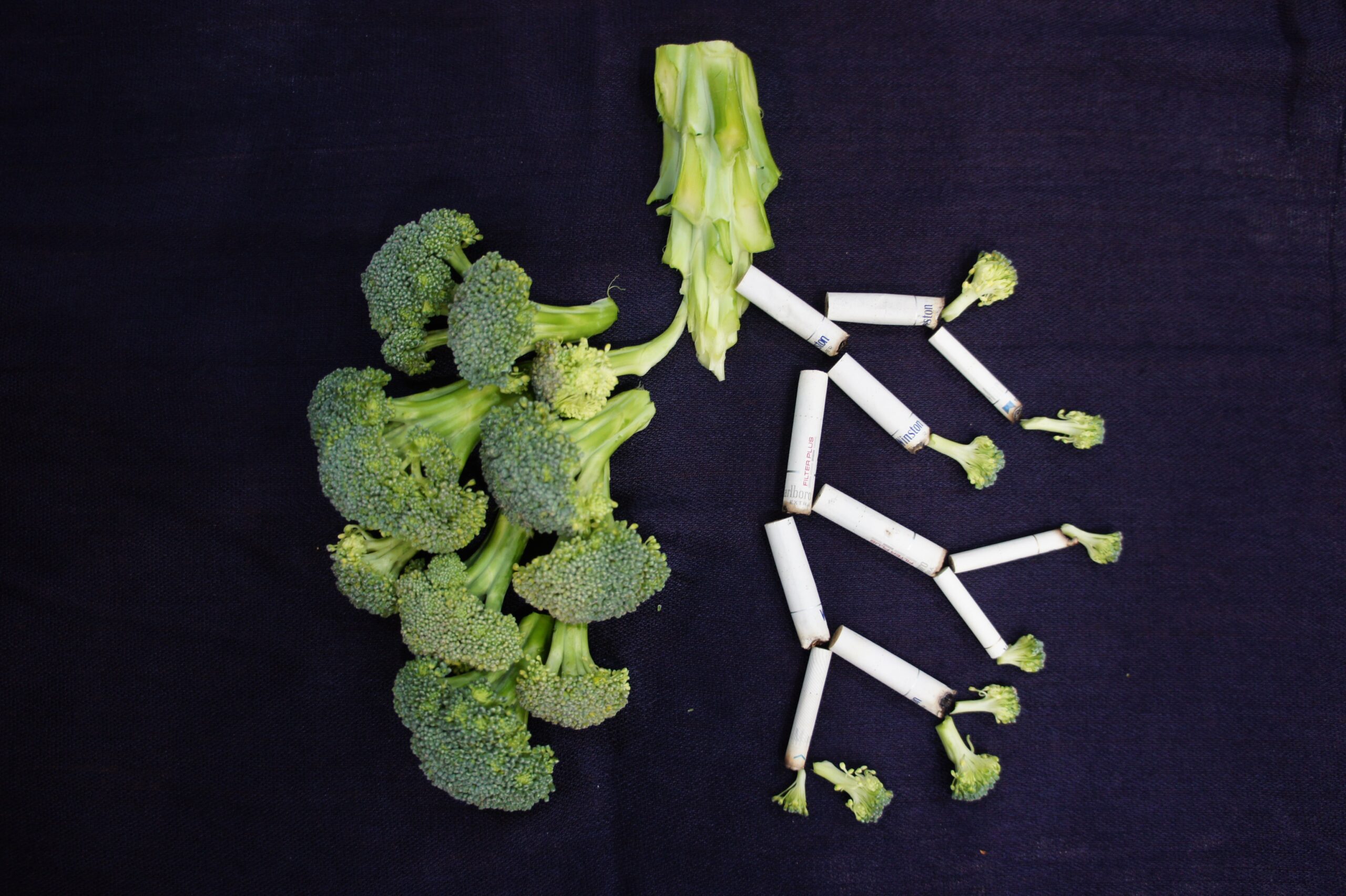Introduction
Addictions can be all-consuming and have far-reaching consequences, extending beyond the individual to impact their relationships. The effects can be devastating, whether substance abuse, gambling, or even technology addiction. Exploring the impact of habits on relationships allows us to gain a deeper understanding of the complexities involved and the toll they take on the addict and their loved ones. In this article, we embark on a journey to unravel the intricate web of consequences addiction weaves within relationships. From emotional upheavals to shattered trust and strained connections, we’ll explore the myriad ways addiction affects the lives of those involved.
The Emotional Rollercoaster
Addictions can unleash a whirlwind of emotions, leaving both the addict and their partner or family members on an emotional rollercoaster. Here are some of the common emotional effects:
- Anxiety and Worry: Loved ones of addicts often find themselves consumed by worry and anxiety, constantly fearing the worst. They may live in perpetual uncertainty, unsure of what each day will bring.
- Guilt and Shame: Addicts are no strangers to guilt and shame as they grapple with their actions and the impact on their relationships. Similarly, partners and family members may experience overwhelming guilt, blaming themselves for the addict’s behaviour.
- Anger and Resentment: The strain caused by addiction can lead to irritation and resentment festering within relationships. Partners and family members may feel betrayed, frustrated, and even angry at the addict’s inability to overcome their addiction.
- Depression and Isolation: Living with addiction can be an isolating experience for the addict and their loved ones. Feelings of sadness, hopelessness, and social withdrawal can take hold, further deepening the emotional impact.
Breaking Trust and Strained Connections
Addiction erodes trust, a foundation upon which healthy relationships are built. The effects can be particularly damaging, fracturing connections and straining once-strong bonds. Let’s delve into some of the critical aspects:
- Distrust and Deception: Lies, deceit, and broken promises often accompany Addictions. Loved ones may find it challenging to trust the addict due to past betrayals, leading to a breakdown in communication and emotional distance.
- Financial Strain: Many addictions have a hefty price tag, wreaking havoc on finances and relationships. Partners and family members may feel the burden of financial responsibilities, leading to resentment and further fracturing trust.
- Isolation and Alienation: Addiction can lead to the addict isolating themselves from loved ones or becoming socially withdrawn.
- Loss of Intimacy: Addiction can take a toll on intimacy within relationships. Physical and emotional distance may grow as the focus shifts towards the addiction rather than nurturing the connection between partners.
Seeking Help and Finding Support
While addiction can cause immense damage, there is hope for rebuilding relationships and finding support. Here are some avenues to explore:
- Open Communication: Honest and open communication is essential in navigating addiction challenges. The addict and their loved ones should express their feelings, concerns, and needs, fostering understanding and empathy.
- Therapy and Counseling: Professional help can be instrumental in the healing process. Individual therapy for the addict and couples or families can provide a safe space to address underlying issues and develop coping strategies.
- Support Groups: Joining support groups, such as Al-Anon or Narcotics Anonymous, can give a sense of community and understanding. Finding and connecting with people who have gone through similar challenges can provide valuable support and guidance.
- Setting Boundaries: Establishing clear boundaries is crucial for the addict and their loved ones. Edges help create a framework for healthy relationships and protect against enabling behaviours that hinder recovery.
FAQs
Q: Can addiction ruin a relationship?
A: Yes, addiction can have a profound impact on relationships, leading to trust issues, emotional strain, and even the breakdown of the relationship.
Q: What can I do if my partner has an addiction?
A: Encouraging open communication, seeking professional help, and setting boundaries is crucial in supporting your partner while caring for yourself.
Q: Can relationships survive addiction?
A: Yes, relationships can survive addiction, but it requires dedication, commitment, and a willingness to work through the challenges together.
Q: How can addiction affect children in a relationship?
A: Children in households affected by addiction may experience emotional distress, instability, and feelings of neglect. It’s crucial to create a secure and encouraging setting for them and to seek expert assistance.
Conclusion
Exploring the effects of addictions on relationships allows us to comprehend the magnitude of the challenges faced by both addicts and their loved ones. From the emotional turmoil to the erosion of trust and strained connections, addiction leaves no aspect of a relationship untouched. However, relationships can heal and rebuild with open communication, professional help, and a commitment to recovery. By shedding light on the intricate interplay between addiction and relationships, we can foster understanding and empathy, supporting those who embark on the recovery journey together.
